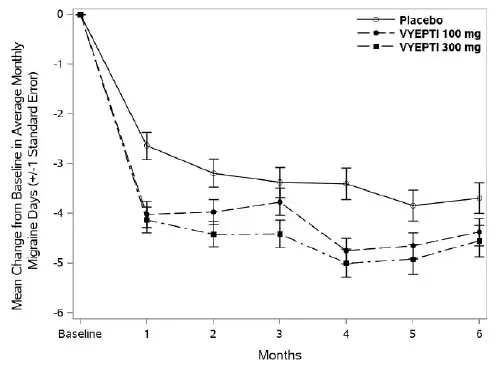Definition of Shock
The Information On The Site Is Not Medical Advice. We Do Not Sell Anything. The Accuracy Of The Translation Is Not Guaranteed. Disclaimer
Shock: In medicine a critical condition that is brought on by a sudden drop in blood flow through the body. The circulatory system fails to maintain adequate blood flow sharply curtailing the delivery of oxygen and nutrients to vital organs. It also compromises the kidneys and so restricts the removal of wastes from the body. Shock can be due to a number of different mechanisms including not enough blood volume and not enough output of blood by the heart. The signs and symptoms of shock include low blood pressure ( hypotension ); overbreathing (hyperventilation); a weak rapid pulse ; cold clammy grayish-bluish ( cyanotic ) skin; decreased urine flow ( oliguria ); and a sense of great anxiety and foreboding confusion and sometimes combativeness. Shock which is a major medical emergency is common after serious injury. Emergency care for shock involves keeping the patient warm giving fluids by mouth or if necessary intravenously and frequently the administration of drugs that act to improve cardiac and circulatory function.












